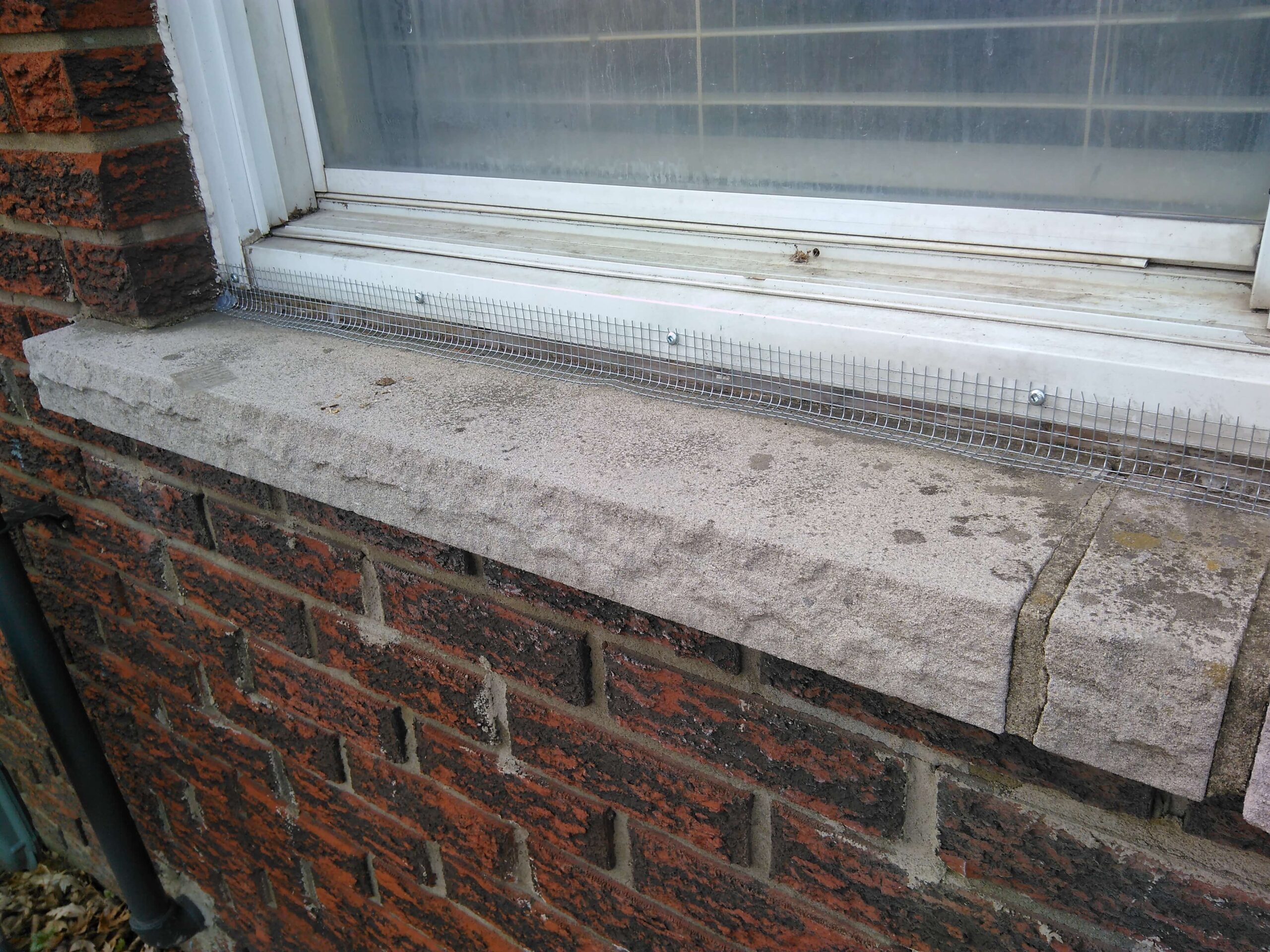While people might have mice as pets that they feel affection toward, they do not have that same level of compassion for wild ones. Mice are fascinating creatures paramount to almost every ecosystem, aiding in pollination for plants, pest control with insects, and nutritional support for other species. Despite their varied contributions to nature, homeowners do not want them in their homes, and, honestly, who can blame them. For all their environmental benefits, Mice can damage property, possibly causing electrical fires or structural damage. Additionally, mice populate rapidly, meaning that contacting mice removal Pickering sooner rather than later is ideal. But more to the point, how can you avoid mice in your home? It turns out there are at least five reasons mice scurry into your home, and each is controllable, meaning you can prevent entry and population booms inside.
1. Shelter and Warmth
Primarily, mice see your house as shelter and warmth. You can’t blame them for finding your home appealing; it is likely free of natural predators and provides coverage from weather. Unfortunately, the only way to prevent mice from entering your home is to find all vulnerable entry points and seal them. While that sounds easy enough, mice can squeeze into unthinkably tight spaces, meaning you might need the professional eyes of a practiced wildlife technician to find all potential entrances.
2. Food Supply
People often assume that you need to leave out big wheels of cheese to attract mice, but that is not accurate in so many ways. While a mouse will eat almost anything, they prefer nuts and fruits to cheese. Also, mice are tiny and require far less food than people think. A few crumbs on the floor or some dirty dishes piled up in the sink is all they need to survive. If you want to prevent a mouse population in your home, get in the habit of cleaning up after every meal, including sweeping and vacuuming floors.
3. Water and Moisture
As with all living things, mice need water to survive, but again, they are small, so a little goes a long way. If you have a small leak under a faucet or a sink that won’t stop dripping, that can provide enough water for a mouse. It is crucial to resolve any water issues you have, not only for the preservation of your house but the prevention of wildlife infestations.
4. Waste Bin
Do you put a garbage can under your sink or out in your kitchen? Does that can have a secure lid? If not, you should replace it. Mice have an incredible sense of smell, and kitchen waste is hugely appealing as a food source. The best way to prevent the scent from becoming too attractive is by using a smaller waste bin and emptying the can daily. Place garbage bags in large containers outside with tight lids.
5. Clutter
Mice like to burrow, but it does not have to occur outside. If you have a lot of clutter in your home, attic, or basement, a mouse can find materials to make a nest or temporary burrow for shelter. If you live in an area with a mouse problem, make sure you keep a tidy house. Do not store papers loosely or in cardboard boxes or bags. You will want to use plastic bins, something more challenging for a mouse to chew through.
Many homeowners will not realize they have a mouse problem until there are hundreds nestled in their walls and storage spaces. While the above list helps homeowners understand the most common reasons for a mouse infestation, it does not provide an answer for removal. If you believe you have a problem in your home, contact our mice removal Pickering specialists at Skedaddle Humane Wildlife Control to schedule a property assessment.



